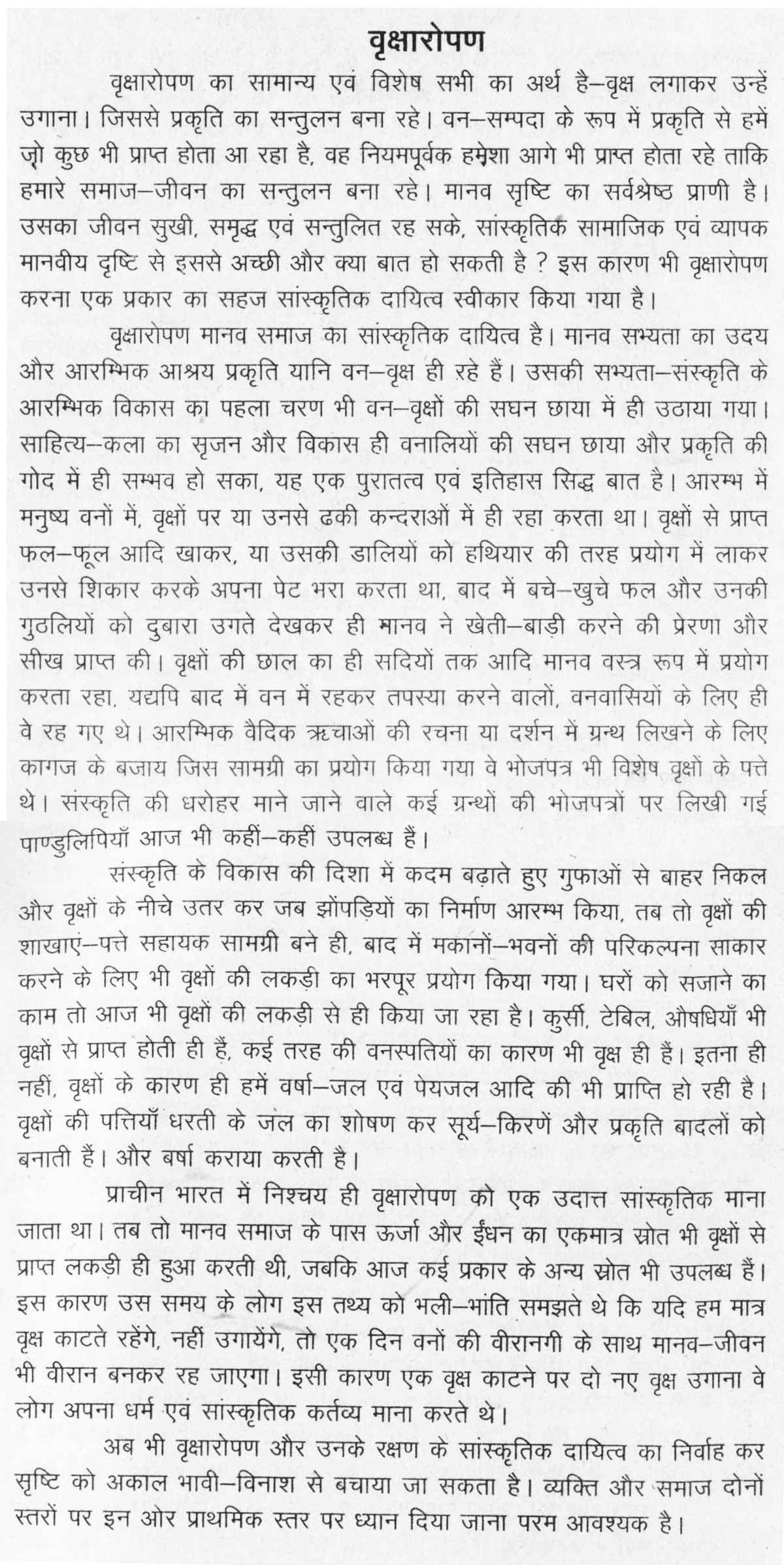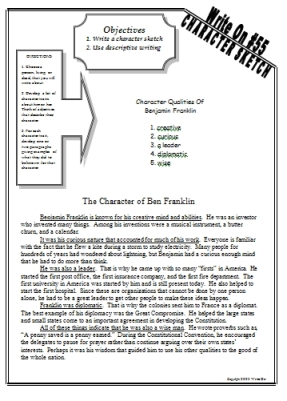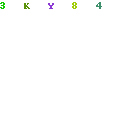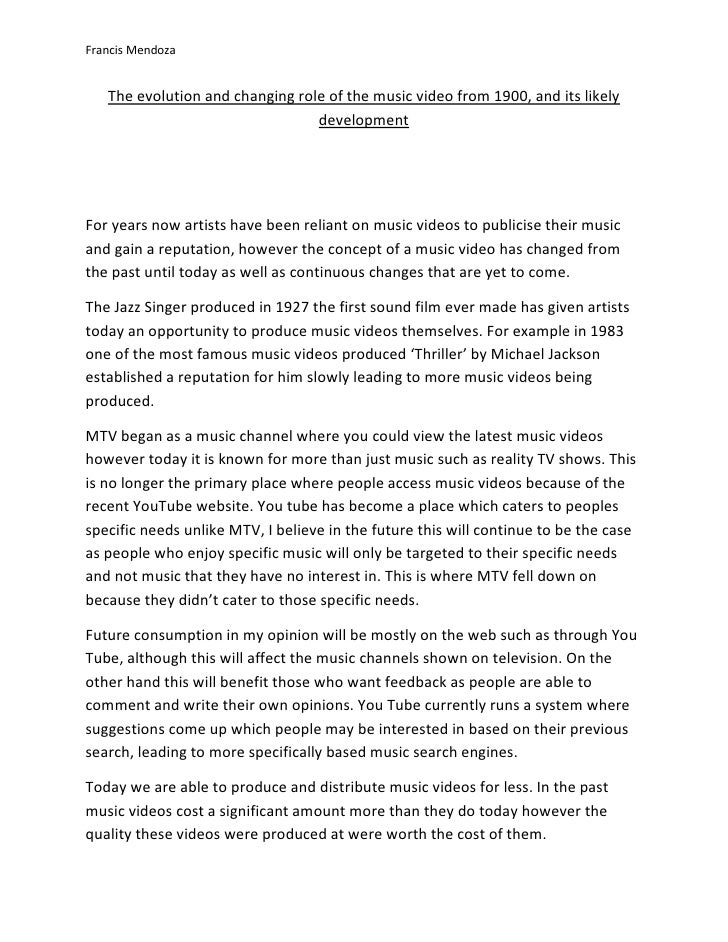An Essay Concerning Human Understanding - John Locke.
John Locke's classic work An Essay Concerning Human Understanding laid the foundation of British empiricism and remains of enduring interest today. Rejecting doctrines of innate principles and ideas, Locke shows how all our ideas, even the most abstract and complex, are grounded in human experience--attained by sensation of external things or reflection upon our mental activities.
An Essay Concerning Human Understanding - Hardcover - John Locke - Oxford University Press We use cookies to enhance your experience on our website. By continuing to use our website, you are agreeing to our use of cookies. You can change your cookie settings at any time.

Clarendon Edition of the Works of John Locke: An Essay Concerning Human Understanding - John Locke - Oxford Scholarly Editions We use cookies to enhance your experience on our website. By continuing to use our website, you are agreeing to our use of cookies. You can change your cookie settings at any time.

In An Essay concerning Human Understanding, John Locke sets out his theory of knowledge and how we acquire it. Eschewing doctrines of innate principles and ideas, Locke shows how all our ideas, even the most abstract and complex, are grounded in human experience and attained by sensation of external things or reflection upon our own mental activities.

In An Essay concerning Human Understanding, John Locke sets out his theory of knowledge and how we acquire it.

Locke J, Phemister P, (ed.). John Locke: An Essay concerning Human Understanding.Oxford: Oxford University Press, 2008. 520 p. (Oxford World's Classics).

In An Essay Concerning Human Understanding, first published in 1690, John Locke (1632-1704) provides a complete account of how we acquire everyday, mathematical, natural scientific, religious and ethical knowledge.Rejecting the theory that some knowledge is innate in us, Locke argues that it derives from sense perceptions and experience, as analysed and developed by reason.

The Clarendon Edition of the Works of John Locke: An Essay Concerning Human Understanding John Locke, an Essay Concerning Human Understanding (1690), Book IV, Chapters 15 and 16 The Clarendon Edition of the Works of John Locke: Drafts for the Essay Concerning Human Understanding, and Other Philosophical Writings: In Three Volumes, Vol. 1: Drafts A and B.

In the course of the next year Locke's major philosophical works, the Essay Concerning Human Understanding and the Two Treatises of Government, as well as the Letter on Toleration, were published, the latter two anonymously. Locke's final years saw Some Thoughts Concerning Education (1693) and The Reasonableness of Christianity (1695).

Recommended edition: An Essay Concerning Human Understanding, ed. Peter H. Nidditch (New York: Oxford University Press, 1975). Excerpt: Since it is the understanding, that sets man above the rest of sensible beings, and gives him all the advantage and dominion, which he has over them; it is certainly a subject, even for its nobleness, worth our labour to inquire into.

Locke on Knowledge and Reality: A Commentary on An Essay Concerning Human Understanding - Oxford Scholarship This book is essentially a commentary on John Locke’s masterwork, his An Essay Concerning Human Understanding, which is the foundational work of classical Empiricism.

An Essay concerning Human Understanding. Source: An Essay Concerning Human Understanding (1689). 38th Edition from William Tegg, London; scanned in three separate excerpts from early in the work. CHAPTER II NO INNATE PRINCIPLES IN THE MIND. 1. The way shown how we come by any knowledge, sufficient to prove it not innate.

John Locke Another article by William Uzgalis, this time from his pages at Oregon State University. John Locke The article from Wikipedia. John Locke An article, with bibliograpy and links, from Garth Kemerling's Philosophy Pages. A Guide to John Locke's Essay concerning Human Understanding By Garth Kemerling, again from his Philosophy Pages.



